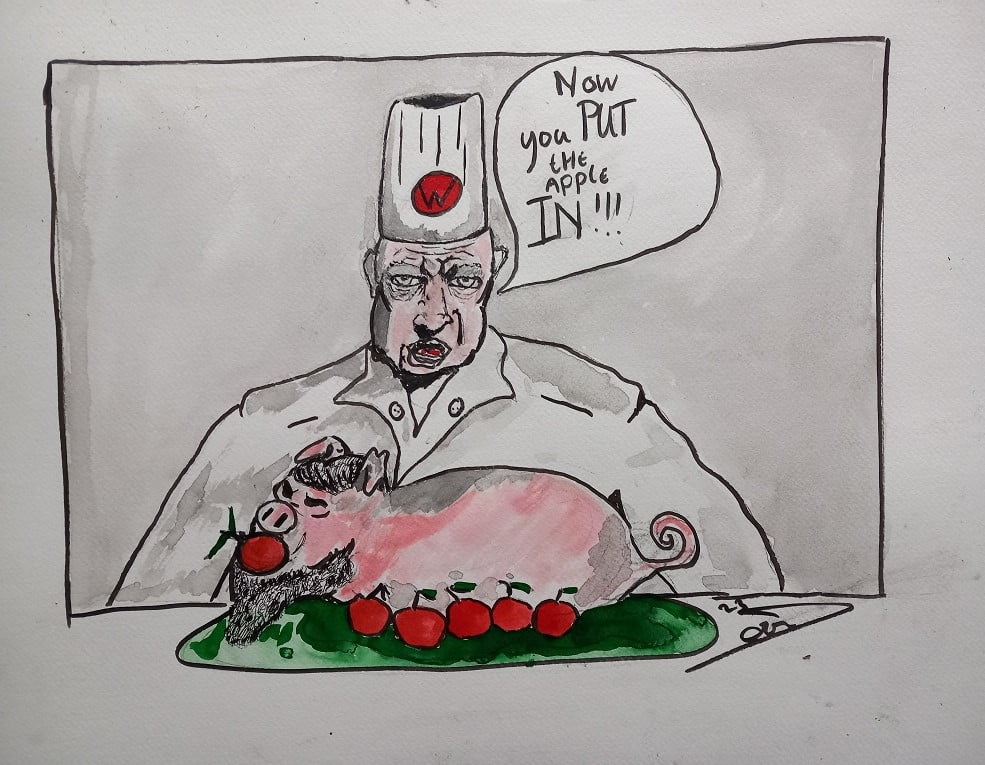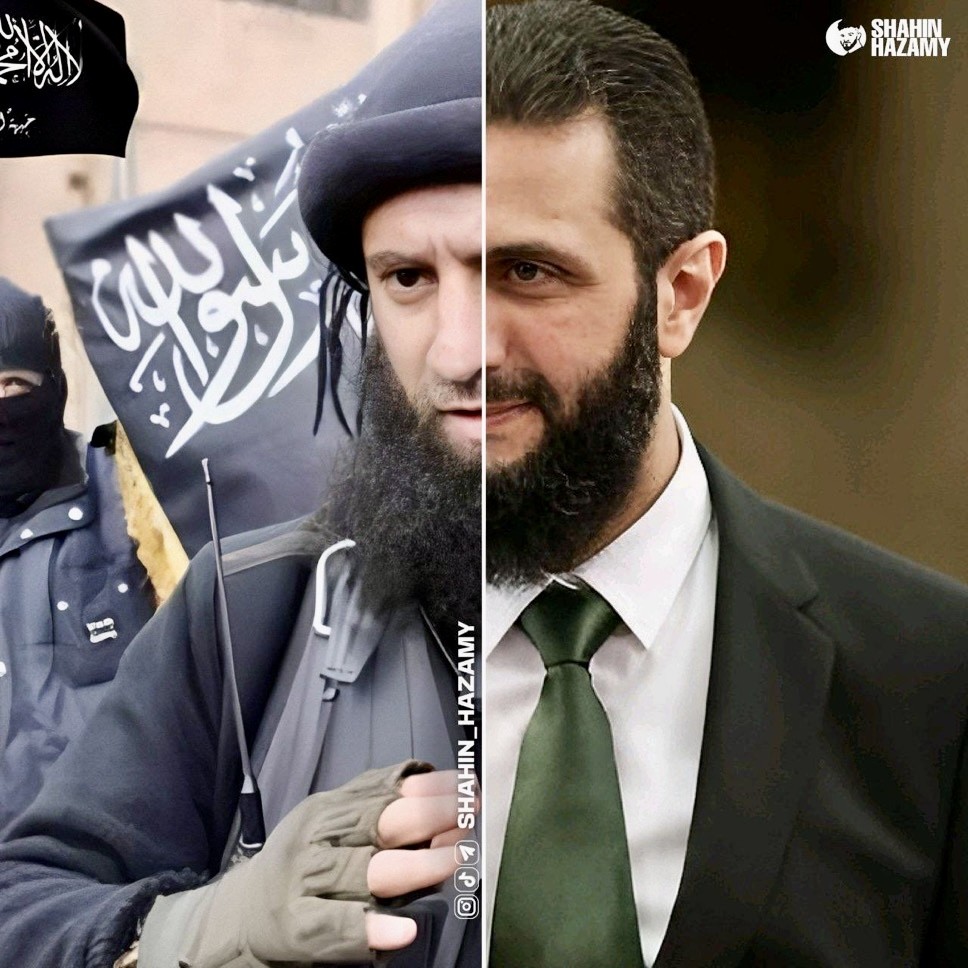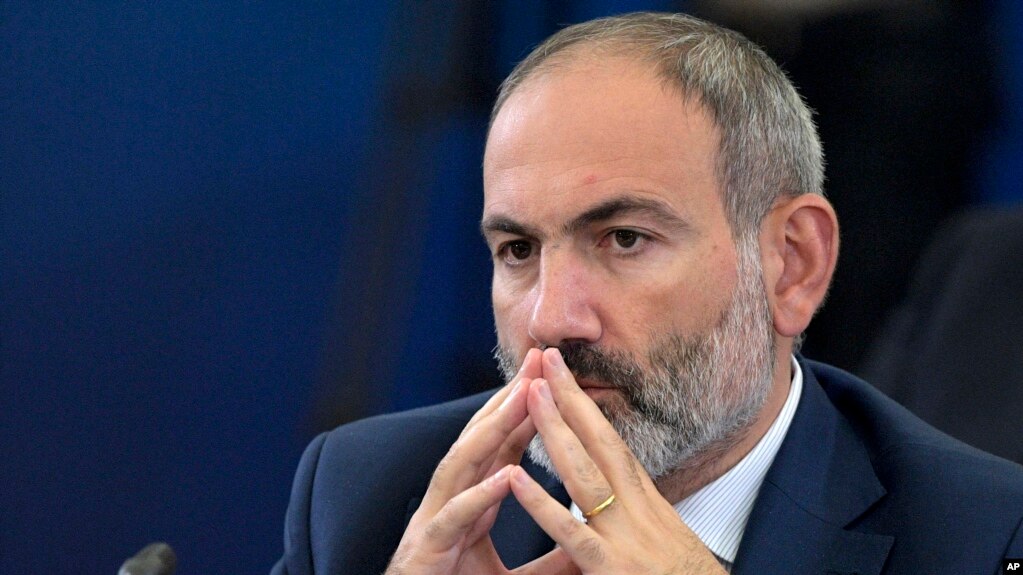
Over the years, the Kremlin has used the Wagner mercenaries to do the dirty work for Russia’s political elite worldwide. But after the group showed that its leadership had very high political ambitions, Moscow started looking for a way to eliminate its instrument. Will it succeed?
By Nikola Mikovic
The Wagner Group is believed to be headed by Yevgeny Prigozhin, a former inmate who once catered at the Kremlin, earning him the nickname “Putin’s chef”. However, the 62-year-old former hot dog seller claims he never worked as a chef and cannot even cook. His role in the Wagner Group is also rather questionable.
Although he has positioned himself as the leader of possibly the world's most famous private military company, Prigozhin is not Wagner’s top military commander. The Kremlin-linked mercenary group was founded in 2014 by Dmitry Utkin, a Russian army officer whose callsign was “Wagner”. That is how the private military company got its name.
Utkin, rather than Prigozhin, reportedly commanded Wagner’s "march for justice" in Moscow on June 24. Indeed, the group had a very high chance of capturing the Russian capital. The fact that most Russian top officials and the vast majority of pro-Kremlin propagandists remained silent during Prigozhin's mutiny indicates that the Russian elite was waiting to see the outcome of the rebellion and then join the winner.
For some reason, Prigozhin did not “go all the way”. Instead, he reportedly reached a deal with the Kremlin. He gave up on his initial goals – to force Russian President Vladimir Putin to fire the country’s Defense Minister Sergei Shoigu and Chief of the General Staff Valery Gerasimov. In return, Russia’s authorities have closed a criminal investigation into the armed rebellion, with no charges against Prigozhin or other participants.
In other words, Putin has once again demonstrated a serious weakness. He accused his former ally of treason and then turned a blind eye to Prigozhin’s actions. On the other hand, unconfirmed reports suggest that “Putin’s chef” liquidated his media holding company "Patriot Media Group" and reportedly closed his business in Russia.
Wagner is now expected to build military camps in Belarus. Still, at this point, it remains highly uncertain if the mercenary army will ever again be deployed to Ukraine or if it will continue doing business in Africa.
But the fact that Putin signed a government decree to raise the salaries of all military and security personnel, including firemen, by 10 per cent indicates that he is attempting to buy their loyalty. It is not a secret that most Russian military officers were not satisfied with the way Shoigu and Gerasimov ran the army and that they indirectly supported Prigozhin’s rebellion. Quite aware of that, Putin now attempts to “bribe” them.
Russia’s leader seems to be in a challenging position. The country’s entire military structure longs for serious changes. Still, he cannot fire the two top military officials, as that would make him look weak in the eyes of influential Russian oligarchs. If Putin gets rid of Shoigu,
Gerasimov, or any other important political actor, Roman Abramovich, Alisher Usmanov, Sergey Lavrov, Dmitry Peskov, and other members of Russia’s elite could feel they’re next. As a result, they might start looking for another figure to replace Putin as a “manager” who balances the interests of various oligarchic groups.
In order to prevent such an outcome, the Kremlin will almost certainly seek to create an illusion that Putin is stronger than ever and that most Russian citizens still support him. Moreover, pro-Kremlin propaganda is expected to adopt some narratives that lightly criticise Shoigu and Gerasimov, but policymakers in Moscow will do nothing to make any real changes. Instead, Putin will seek to preserve the status quo as long as possible.
At the same time, the Kremlin will likely attempt to get rid of pro-Wagner elements in the Russian military. For the Russian oligarchy, the Wagner Group was an instrument that they relatively successfully used abroad –in Syria, Libya, or the Central African Republic – and that they now seek to eliminate.
The problem, however, is that the genie is out of the bottle. Even if Putin and his oligarchs manage to suppress pro-Prigozhin voices in Russia, Moscow cannot win the war in Ukraine without radical changes. Since the Russian elite is not interested in any changes, sooner or later, Russia will face another humiliating defeat in the Eastern European country. As a result, a new rebellion will break out.
The era of Putin’s “stability” has come to an end.






